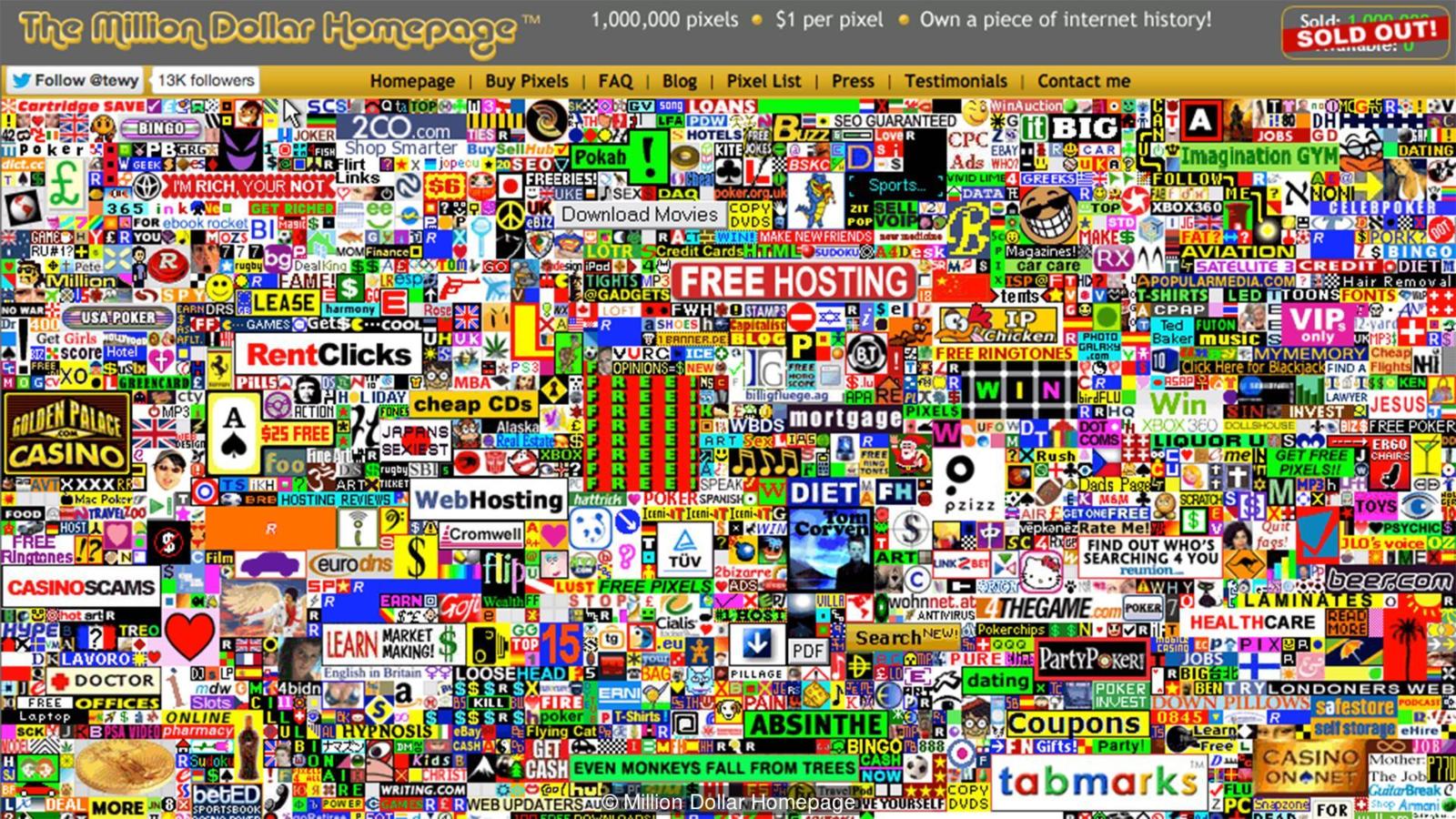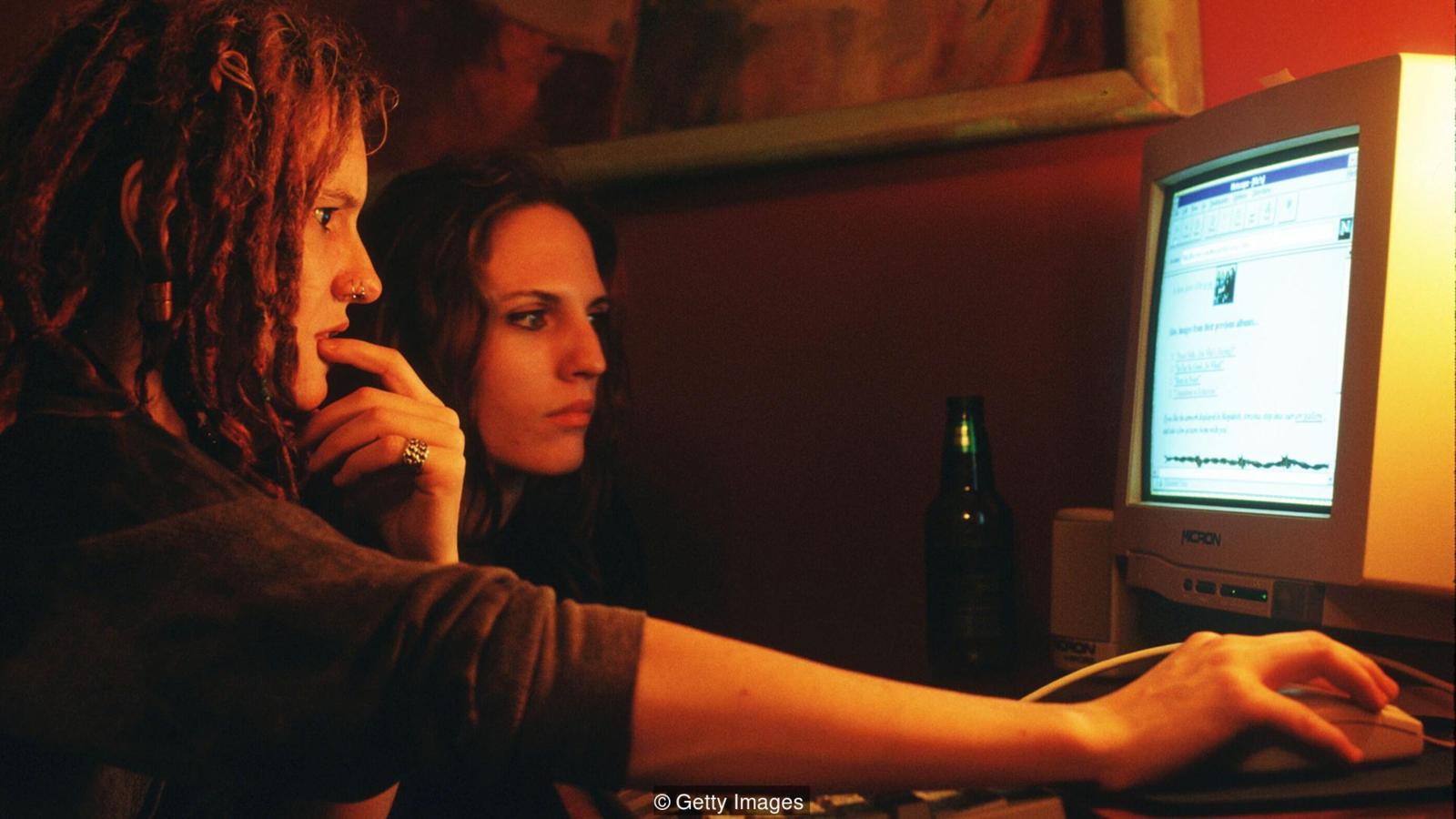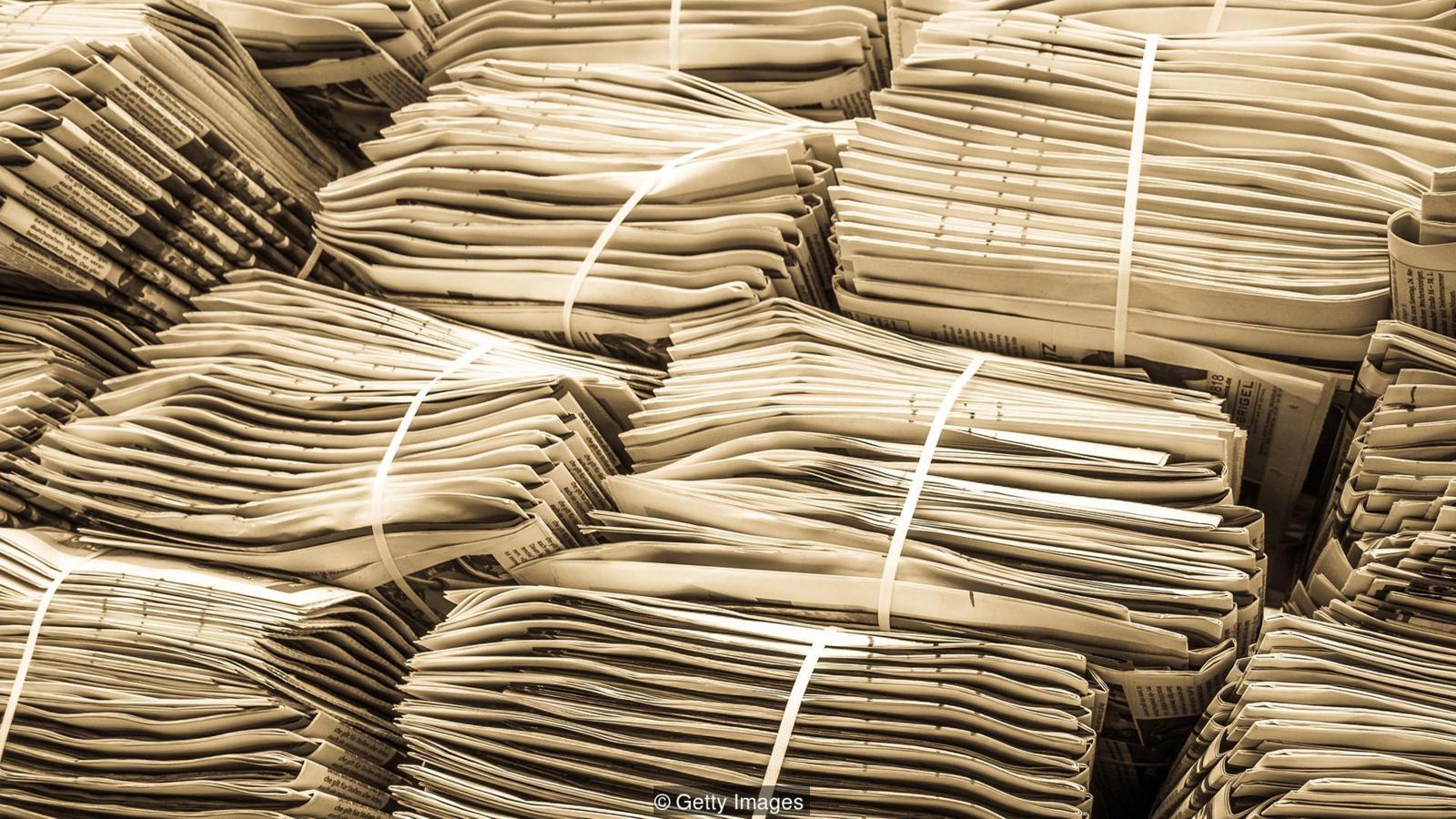Why do we have so little left of the early internet?
- Transfer
After almost five years of the existence of the Internet, the first organized attempt was made to archive it. Most of our early online activities disappeared forever.

In 2005, Alex Tew came up with a million dollar idea. The 20-year-old blockhead played with ideas designed to pay for the impending three-year studies in a master's degree in business. Tew was worried that his debts were incredibly inflated. He scribbled in his notebook: "How to become a millionaire."
Twenty minutes later, he came up with what he thought was the answer to this question.
Tew created a website called Million Dollar Homepage"[The Million Dollar Homepage]. The site model was indecently simple: you could see a million pixels of advertising space on it, and they were offered to buy in blocks of 100, $ 1 each. When you bought them, they remained yours forever. After the sale millionth pixel Thu would become a millionaire. At least the plan would be like this. The
page was launched on August 26, 2005, after Thu spent 50 euros on domain registration and hosting setup. Advertisers bought pixels and provided a link, a small image and some text appeared vshegosya when you hover the cursor over the image.
About a month later, thanks to word of mouth and increased media attention, the page brought Tew over $ 250,000. In January 2006, the last 1,000 pixels were sold at auction for $ 38,100. Tew earned his million.
The page still exists, almost a decade and a half after its appearance. Many of the clients are The Times, a British newspaper, Cheapflights.com travel agency, and Yahoo! and rock duo Tenacious D - received 15 years of advertising with one payment. The site is still visited daily by several thousand people. He was probably a good investment project.

Today, Tew, a Calm meditation and mindfulness app, has truly become a millionaire. However, the page he created also became something else: a living museum of the early Internet era. Fifteen years may seem like a short period, but from the point of view of the Internet, this is a whole geological era. About 40% of links from the page today lead to dead sites. Many others point to brand new domains as their old URLs are sold to new owners.
The Page of a Million demonstrates the almost invisible breakdown of the early Internet. Offline, the closure of, say, a local newspaper is often widely covered. However, online sites are dying, often without any fanfare, and the first sign of their absence, which you might come across, is that when you click on the link, you will find a blank page.
***
About 10 years ago, I devoted a couple of years of my life to a blog about rock music and posts in the music section of the AOL website, a sprawling Internet pioneer now owned by Verizon. I have edited or written hundreds of online reviews, stories about music stores, interviews with artists, and list articles. Then Facebook and Twitter already attracted a fairly large audience, and smartphones connected us to the Internet on the way home from work; Web surfing has become around the clock.
It would be logical to conclude that if I were to demonstrate evidence of my work, it would be enough to conduct one search on Google. But this is not so. In April 2013, AOL suddenly shut down all music sites - and the collaborative work of dozens of editors and hundreds of authors over many years. Little is left of this, only a few statues have been preserved in the online archive - a non-profit foundation from San Francisco, launched in the late 1990s by programmer Brewster Cale.
This is the most famous of the organizations trying to save the last traces of the remnants of the first decade of the presence of humanity on the Internet, until they have disappeared forever.
Dame Wendy Hall, executive director of the Institute of Web Sciences at the University of Southampton, demonstrates a clear position on the work of the archive: “If not for them, we would not have had any early materials,” she says. “If Brewster Kane hadn’t opened the Internet archive and started saving all this - without asking anyone for permission - we would have lost everything.”

Dame Wendy says archives and national libraries have the experience of saving books, newspapers, and periodicals because print has been around for a long time. However, the advent of the Internet - and how quickly it became a new mass form of communication and expression - could take them by surprise. Since then, various attempts have been made to catch up with Internet archiving. “The British library must have a copy of every local newspaper ever published,” she says. And when newspapers switched from print to web, archiving took a different form. Are websites as valuable as the newspapers that preceded them?
Newspaper archives are also vulnerable, they are lost when the publisher closes or merges with others. “Most newspapers, I think, should have some kind of archive,” she says. “But if it is not properly serviced, it may be lost.”
One of the main problems with trying to archive the Internet is that it does not sit still. Every minute - every second more photos, blog posts, videos, news, comments appear. And although the price of digital media has fallen significantly, archiving all this material is still worth the money. “Who will pay for it? - asks Dame Wendy. “We are generating a lot more material than before.”
In Britain, the British Library is partly responsible for digital preservation. She runs the UK Web Archive.collecting information from sites with their permission since 2004. Jace Webber's engagement archive manager says the problem is much larger than most people think.

“It's not just about the early material. Most of the Internet is not saved, he says. - The Internet archive began to maintain archives of pages in 1996. Five years after the appearance of the first web pages. Nothing was copied from that era. ”
Even the first web page, created in 1991, has not been preserved; what you can see on the page of the WWW consortium is a copy made a year later.
For most of the first five years of the web, most of the materials published in Britain ended in .ac.uk - these were scientific articles written by scientists. Only in 1996, more general-purpose sites began to appear on the web when commercial sites began to outstrip scientific sites.
The British Library polls each domain once a year - keeping everything published in Britain. “We try to save everything, but we do it only once a year. However, the maximum volume for many sites is set to 500 MB; it covers a lot of small sites, but only a few videos can fit there, and it comes to a limit pretty quickly. ” News sites such as BBC News bypass the archive more often. Webber says the library tried to create as complete a picture of events as Brexit, the London 2012 Olympics, and the 100th anniversary of World War I.
“I think there is very little understanding that something has disappeared,” says Webber. - The digital world is very ephemeral, we look at the phone, everything changes there, and we don’t really think about it. But now people are starting to learn more about how much we may be losing. ”
However, Webber says, organizations have the right to collect only publicly available material; an even greater amount of historically important data lies in the personal archives of people, for example, on their hard drives. But few of us keep them for posterity.
“The British library is full of letters from personal correspondence. This is the post of politicians, love messages - and such things are very important for some. ”

We believe that the material that we post on social networks will always be stored there and will be available at the touch of a button. However recentthe loss of 12 years of music and photographs, one of the first social sites MySpace - which was once the most popular in the USA - demonstrates that even the materials stored on the largest sites are not safe.
And even Google services are not insured. Google+, the search giant’s attempt to launch a rival to Facebook, closed on April 2 . Did all of its users back up photos and memorabilia?
“By posting your photos on Facebook, you don’t archive them because someday Facebook will cease to exist,” says Webber. If you doubt the temporal nature of the web, spend a few minutes and comb the page for a million dollars. This is evidence of how quickly our online past is disappearing.
There is another side to data loss. Dame Wendy points to the fact that the lack of an archive of news sites can lead to a selective approach to history - for example, new governments may decide not to archive stories that put them in a bad light.
“With every change of government or restructuring of quasi-autonomous non-governmental organizations, sites are shut down,” said Jane Winters, professor of digital humanities at the University of London. “Or look at the campaign sites that are temporary in nature.”
Sometimes lost sites are an echo of more serious changes; death and birth of entire nations. “This happened with Yugoslavia. The top-level domain was .yu, and after the collapse of the countryhe dissapeared. One researcher is trying to restore what was there before the collapse, ”she says. “Politics is so often associated with technology.”
In all this, perhaps, there is a small bright side. “I have historians in my family, and we have always encountered gaps in historical records - we know about some of them, and we don’t even suspect about some of them.”
Dame Wendy Hall also sees in this situation parallels with the physical world. When she was 15, in the late 1960s, she was one of the guests in the audience of the BBC Top of the Pops music show.
The show was shown at Christmas. “The TV was turned on, and my mother said: 'Look, there you are!” But I missed that moment. Then I went to the BBC and tried to get a copy of the record from them - but they re-recorded this show. So I didn’t see her. ”
